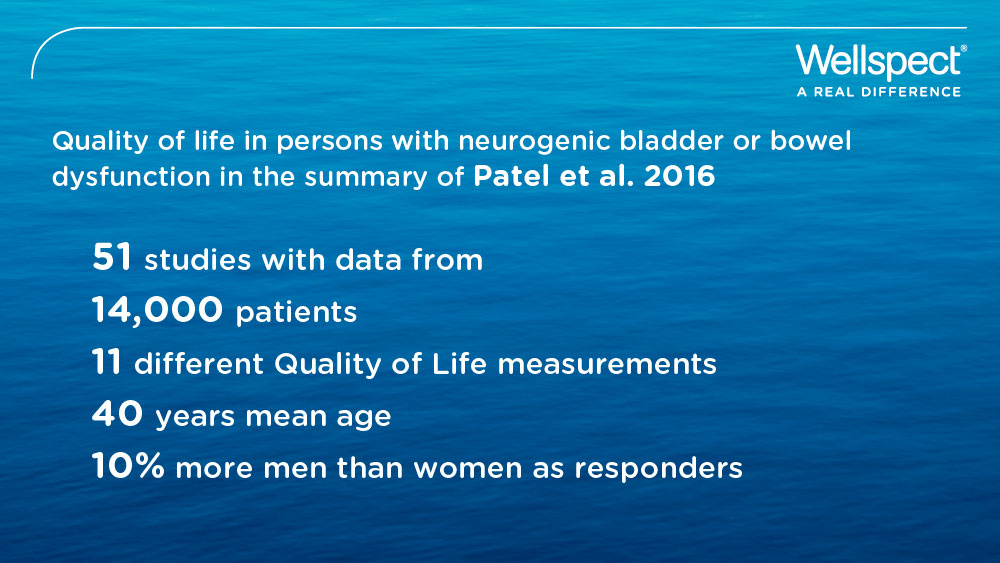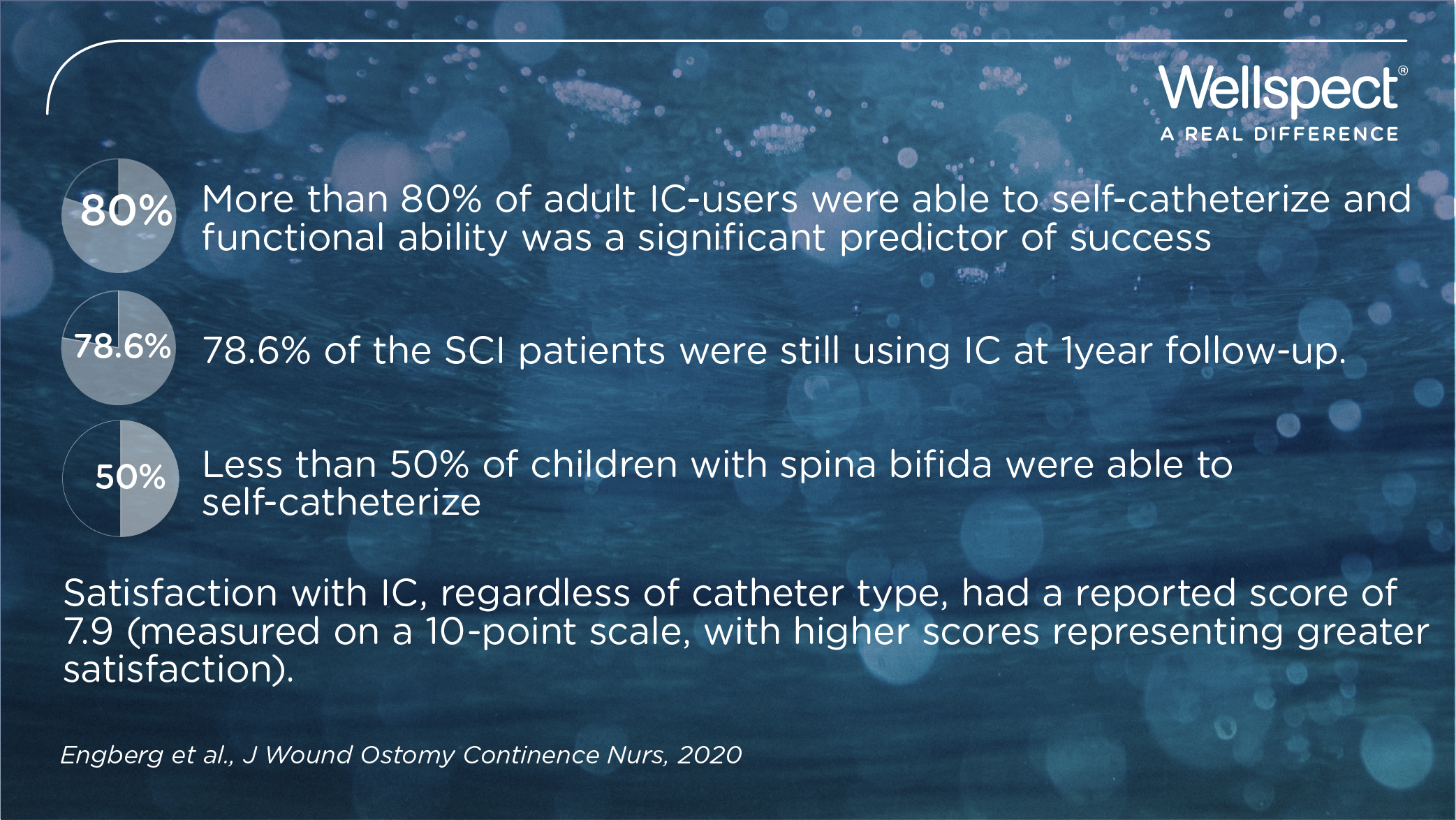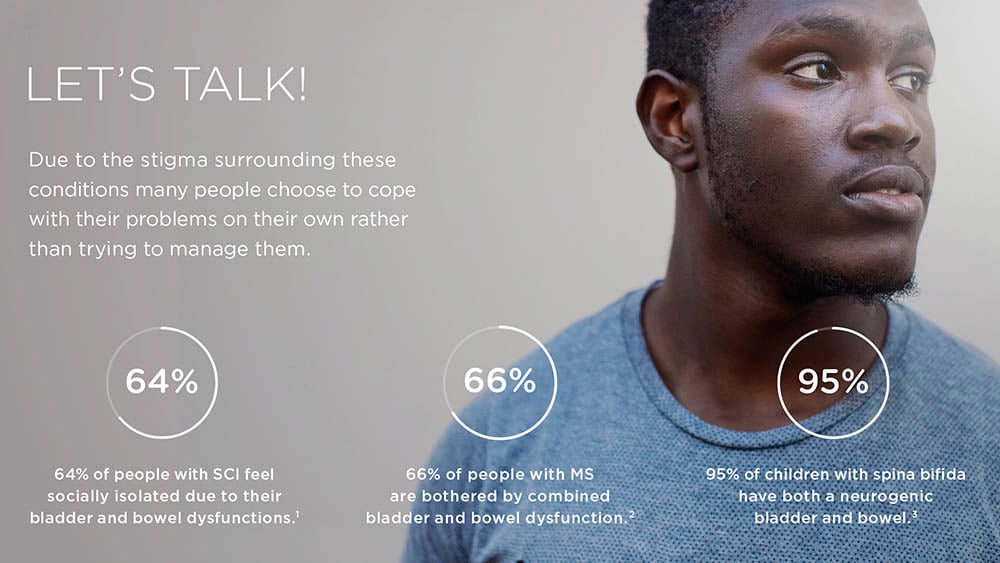Neurogenic bladder and bowel dysfunction has a significant impact on quality of life and well-being. To increase quality of life, treatments should be based on patient reported outcomes. Read more about this and other conclusions in a literature review by Patel et al.
Topics: Bladder and bowel interaction, Neurogenic bladder, Neurogenic bowel, quality of life
Prior to the LoFric Elle webinar in September, we had a great opportunity to talk to Susanne Vahr Lauridsen about the barriers related to intermittent catheterization and dignity. We also asked for her opinion on LoFric Elle’s potential to provide new opportunities for women facing challenges when performing IC.
Read MoreTopics: Neurogenic bladder, Bladder dysfunction, dignity, Lofric Elle
Almost two thirds (66%) of nurses in a US survey did not base their practice on clinical guidelines.
Intermittent catheterization (IC) is frequently used to manage lower urinary tract dysfunctions, but research shows that care for patients using IC may not always be based on evidence. The purpose of this review was to summarize evidence related to adherence to IC, complication rates, satisfaction with IC, and its effect on health-related quality of life.
Read MoreTopics: Neurogenic bladder, Spina Bifida, Intermittent Catheterization
One common reason behind lower urinary tract dysfunction is neurological damage secondary to spinal cord injury (SCI), spina bifida, or multiple sclerosis. Even though the everyday situation is different for people living with these conditions, they share many problems linked to their bladder.
Read MoreTopics: Neurogenic bladder, Spinal Cord Injury (SCI), Multiple Sklerose (MS)
The benefits of patient centered care cannot be overestimated. A holistic approach reveals avenues for care that might otherwise be left neglected – opportunities missed to enhance the wellbeing of the patient. But what would a working model look like when it concerns patients with neurogenic bladder and bowel?
Read More
Topics: Bladder and bowel interaction, Neurogenic bladder, Neurogenic bowel








